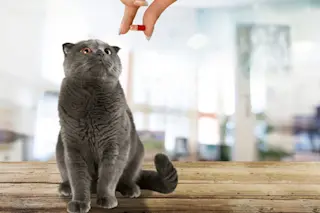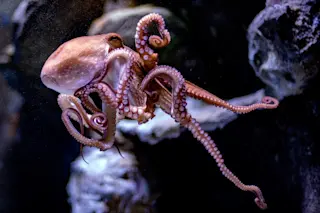Two decades ago, a neuroscientist named Benjamin Libet published a classic experiment on conscious will. He had his subjects rest a finger on a button as they stared at a specially designed clock. It had only one hand, which swept through a revolution once every 2.5 seconds. Libet would ask his subjects to push the button at their own choosing. In some runs, he asked them to note the position of the clock hand when they actually pushed the button. In other runs they had to note its position when they first began to think about pushing it. Libet measured the brain activity of his subjects with EEG, and also attached electrodes to their hands to monitor their muscle activity. His subjects turned out to be good at timing the moment when they pushed the button, with an accuracy within just a few milliseconds. But they were not so good ...
Free Will Starts…Now
Discover insights from the Benjamin Libet experiment illustrating how our conscious will emerges after brain activity initiates actions.
More on Discover
Stay Curious
SubscribeTo The Magazine
Save up to 40% off the cover price when you subscribe to Discover magazine.
Subscribe












